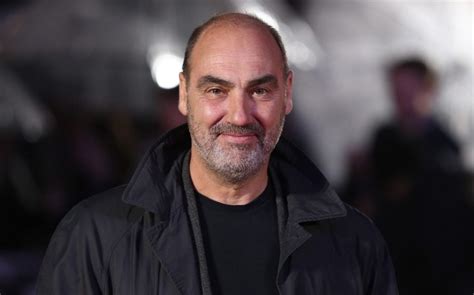A Quote by Mark Sutton
I often tell my students that you can't worry about the end of an improv scene because the end is not up to you. You just play as hard as you can until someone changes the scene. The scene has changedthe end is not up to us.
Related Quotes
I really like the Chris-R scene and of course the "you are tearing me apart Lisa" scene. The reason I love the Chris-R scene is because we worked really hard to finish it. It's not just that though, it brings people together. Everyone is one the roof together by the end of the scene. You see the perspectives of the different characters. I feel like with all the connections in this scene that the room connects the entire world
You can write ten versions of a scene, and then, on the day, discover that something in the original scene worked. It's hard on writers. Hard on actors, hard on editors, hard on me, hard on the producers, who require patience and confidence. But I can't get to the end without going through this process.
I think with improv - and I say it all the time because it's become such a catch thing that you talk about improv - if the scene is well-written, you don't need to improv. But that being said, if something strikes you in the moment and, most importantly, you know where the scene is supposed to go, it's no different than method acting.
have a much harder time writing stories than novels. I need the expansiveness of a novel and the propulsive energy it provides. When I think about scene - and when I teach scene writing - I'm thinking about questions. What questions are raised by a scene? What questions are answered? What questions persist from scene to scene to scene?
With films, I just scribble a couple of notes for a scene. You don't have to do any writing at all, you just have your notes for the scene, which are written with the actors and the camera in mind. The actual script is a necessity for casting and budgeting, but the end product often doesn't bear much resemblance to the script--at least in my case.

































